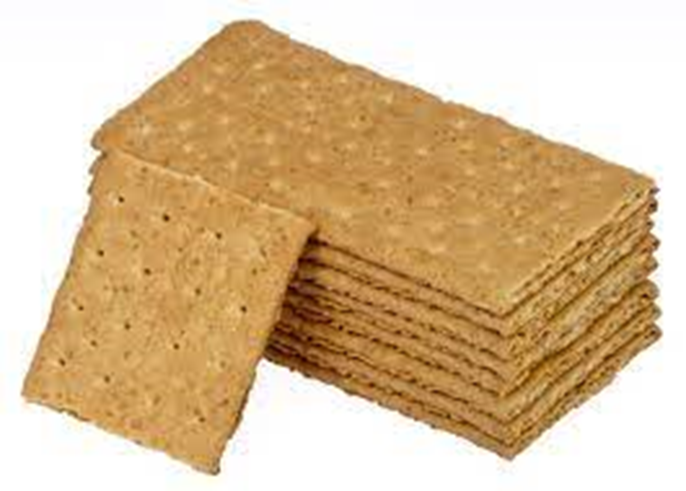A nurse is caring for a client who has a pressure injury and is assessing the client's dietary intake. Which of the following factors should the nurse identify as a barrier to wound healing?
Decreased fat intake
Decreased vitamin C intake
Increased protein intake
Increased caloric intake
The Correct Answer is B
Choice A reason: Decreased fat intake is not a barrier to wound healing, as long as the client meets the recommended daily intake of essential fatty acids. Fat is important for cell membrane integrity, inflammation, and immune function. However, excessive fat intake can increase the risk of obesity, diabetes, and cardiovascular disease, which can impair wound healing.
Choice B reason: Decreased vitamin C intake is a barrier to wound healing, as vitamin C is essential for collagen synthesis, wound repair, and antioxidant activity. Vitamin C deficiency can lead to impaired wound healing, increased susceptibility to infection, and scurvy. The nurse should encourage the client to consume foods rich in vitamin C, such as citrus fruits, berries, peppers, broccoli, and tomatoes.
Choice C reason: Increased protein intake is not a barrier to wound healing, but rather a facilitator of wound healing, as protein is necessary for tissue growth, repair, and maintenance. Protein deficiency can result in delayed wound healing, increased risk of infection, and loss of lean body mass. The nurse should advise the client to consume adequate amounts of high-quality protein, such as eggs, milk, cheese, meat, fish, poultry, soy, and nuts.
Choice D reason: Increased caloric intake is not a barrier to wound healing, but rather a facilitator of wound healing, as calories provide energy for wound healing processes. Caloric deficiency can lead to malnutrition, weight loss, and impaired wound healing. The nurse should ensure that the client meets their caloric needs based on their age, weight, activity level, and wound severity.
Nursing Test Bank
Naxlex Comprehensive Predictor Exams
Related Questions
Correct Answer is A
Explanation
Choice A reason: Vitamin D is a fat-soluble vitamin that is essential for bone health, immune function, and calcium absorption. It is mainly obtained from exposure to sunlight and animal sources, such as dairy products, eggs, and fish. Vegans are at risk for vitamin D deficiency, especially if they live in areas with limited sunlight or do not take supplements.
Choice B reason: Vitamin C is a water-soluble vitamin that is important for collagen synthesis, wound healing, and antioxidant activity. It is abundant in plant sources, such as fruits and vegetables. Vegans are not likely to be deficient in vitamin C, unless they have a very restricted diet or a malabsorption disorder.
Choice C reason: Magnesium is a mineral that is involved in many enzymatic reactions, muscle contraction, nerve transmission, and bone formation. It is widely distributed in plant and animal foods, such as nuts, seeds, legumes, grains, and green leafy vegetables. Vegans are not prone to magnesium deficiency, unless they have a chronic condition that affects magnesium absorption or excretion.
Choice D reason: Folic acid is a water-soluble vitamin that is essential for DNA synthesis, cell division, and red blood cell production. It is found in fortified grains, cereals, breads, and pasta, as well as in dark green leafy vegetables, beans, and lentils. Vegans are not at risk for folic acid deficiency, as long as they consume enough of these foods or take supplements.
Correct Answer is B
Explanation
Choice A reason: Ground beef is high in saturated fat and cholesterol, which can increase the risk of gallstones. A client with cholecystitis should avoid fatty, greasy, or fried foods; meats; and cheeses.
Choice B reason: Graham crackers are low in fat and high in fiber, which can help prevent gallstones. A client with cholecystitis should eat more foods that are high in fiber, such as fruits, vegetables, beans, and whole grains.
Choice C reason: Blueberry muffins may contain butter, eggs, or milk, which are sources of saturated fat and cholesterol. A client with cholecystitis should eat fewer refined carbohydrates and less sugar.
Choice D reason: 2% milk is a dairy product that contains saturated fat and cholesterol. A client with cholecystitis should eat healthy fats, like fish oil and olive oil, to help the gallbladder contract and empty on a regular basis.

Whether you are a student looking to ace your exams or a practicing nurse seeking to enhance your expertise , our nursing education contents will empower you with the confidence and competence to make a difference in the lives of patients and become a respected leader in the healthcare field.
Visit Naxlex, invest in your future and unlock endless possibilities with our unparalleled nursing education contents today
Report Wrong Answer on the Current Question
Do you disagree with the answer? If yes, what is your expected answer? Explain.
Kindly be descriptive with the issue you are facing.
